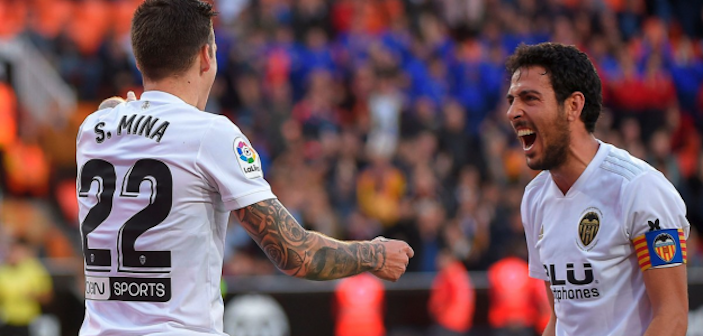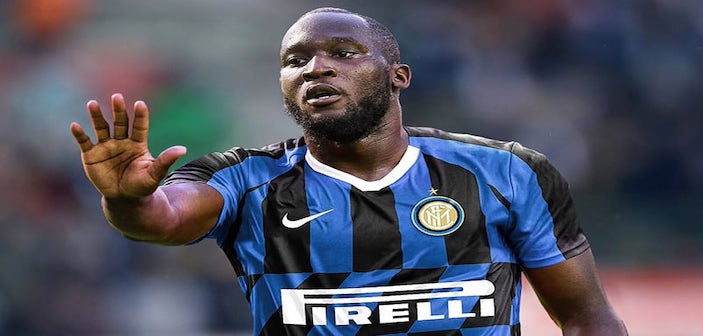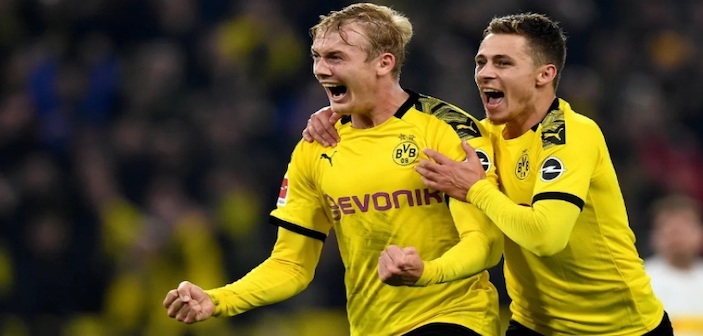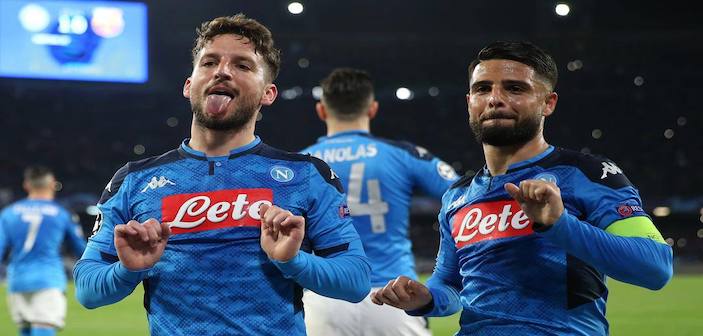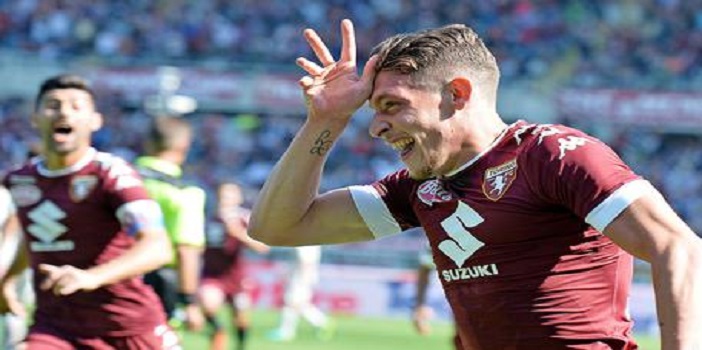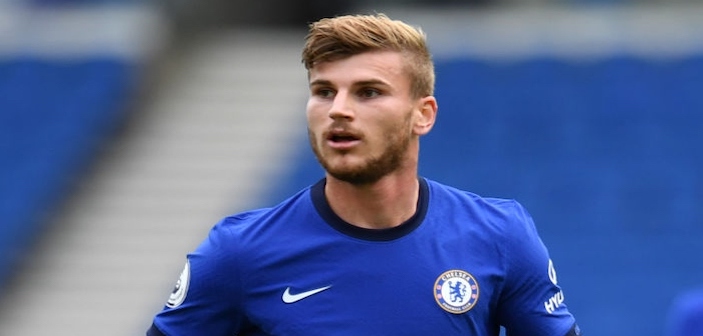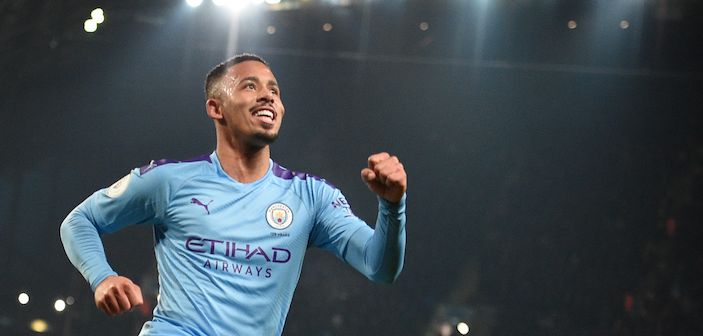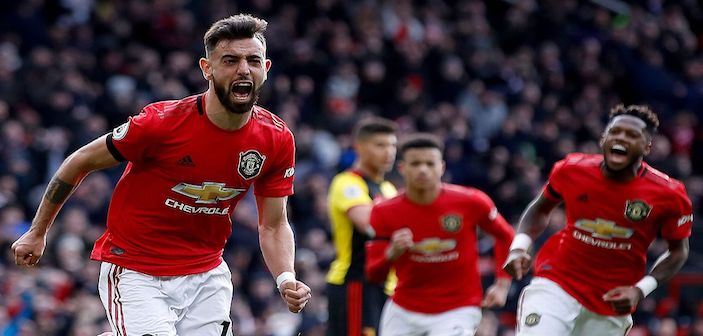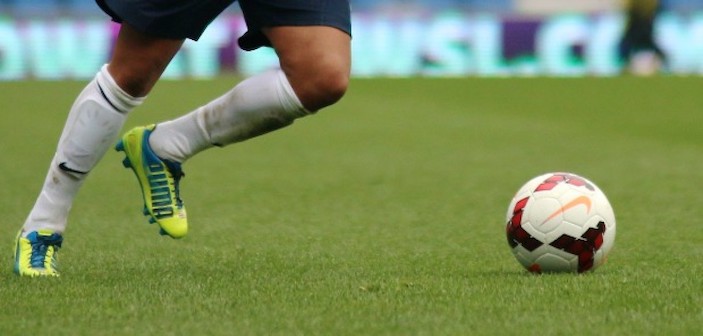WE’RE delighted to have Madrid-based journalist Brendan Boyle (@BrendyBoyle) on WLB. The Spanish football expert has penned a bumper 2019/20 La Liga preview and in this piece, looks towards the runners in the race for Europe outside the Big Three.
WLB Season Preview 2019/20 | La Liga: The Race For Europe
The build-up to La Liga has been overshadowed by uncertainty: uncertainty about when the league will actually kick-off, whether there will be games played on Fridays and/or Mondays, managerial changes and sweeping squad overhauls across the league.
In times of uncertainty, it’s best to stick with what we do know.
The race for Champions League qualification
Last season, the Getafe fairytale was crushed right at the finishing line as Valencia surged into fourth for the first time all season on the penultimate weekend, and that’s how it ended. But, still, a team of Getafe’s resources and stature finishing fifth above teams such as Sevilla, Athletic Bilbao, and Villarreal really was a phenomenal achievement.
Looking at the La Liga landscape in the final days before the action kicks-off, it seems pretty clear that both Valencia and Getafe – La Liga’s latest in vogue rivalry – can be trusted to perform very well once again, and have a successful season by their own respective standards.
Valencia arguably should have finished fourth by a much larger gap than they eventually did in 2018/19. They were clearly a more talented team than their rivals and a mindboggling 16 draws put their prospects of a second consecutive year of Champions League in jeopardy.
Manager Marcelino could, and probably should (he himself expected it), have been sacked after their draw against Valladolid in January but was saved thanks to sporting director Mateu Alemany pleading his case to club owner Peter Lim. Marcelino stayed on, Valencia slowly started to convert draws into wins thanks to the likes of Dani Parejo, Jose Gaya and a rock-solid defence, finishing the season like a train.
The foundations are there once again and Valencia look primed to be a force to be reckoned with as they aim to carry on last season’s momentum having overwhelmed a crestfallen Barcelona in the Copa del Rey final.
Los Che have swapped Neto for Jasper Cillessen between the posts, Eliaquim Mangala has returned and the club have added goals in the form of Uruguayan striker Maxi Gomez who was acquired from Celta Vigo, with Santi Mina and cash going the other way. He is certainly a positive addition but it will be interesting to see if he can fit into Valencia’s counter-attacking system due to his relative lack of mobility.
Goals have been a big problem for Valencia – by Christmas they had scored a paltry 15 in 17 games – and they hope Gomez will be able to provide 15+ league goals, while more will be expected from the likes of Rodrigo, Gonzalo Guedes and Carlos Soler but, all in all, the core of their team is tried and tested, and the new signings should add more quality in attack while reducing their dependence on captain Parejo.
If Valencia pick up from where they left off, they could even be a real challenger for a top three place if things don’t go well at one of the Madrid teams. They will have learned a lot about themselves last season and should be trusted to finish at least fourth at (6/4 Unibet).
Getafe lead the list of pretenders once more
Many, myself included, have been surprised that Getafe’s squad from last season has remained virtually intact, with the likes of central defender Djené Dakonam failing to attract substantial interest from the Premier League as was originally expected.
Getafe have their model which has been yielding fantastic results since their return to the Primera and they are not wavering, despite the temptation to be more ambitious. They have focused on signings which include a blend of youth and energy, as well as proven quality in the final third.
Marc Cucurella has arrived from Barcelona, having impressed on the left wing at Eibar last season, and the veteran Enric Gallego, who showed he was good enough for Spain’s top-flight after a January move to Huesca (he finished joint second top goalscorer in the Segunda last season despite only playing in the first half of the campaign).
Getafe’s success is based upon the solidity of its unit rather than one individual; the work ethic and ferocity instilled by José Bordalás has made Getafe one of the most difficult teams in La Liga to beat and a complete pain in the arse to play against. They are an incredibly efficient, mechanical outfit who attack to score goals, not to entertain.
Questions will be asked about their ability to deal with Europa League commitments but they will prioritise the league and if their understrength team can get them through the Europa League group stages, they will begin to take it seriously. Getafe should have another very solid season and a top eight finish should be their objective, even if those around the Coliseum Alfonso Pérez tell you it’s all about securing safety first.
Last season Getafe lost four away games: Real Madrid, Atletico Madrid, Barcelona and Real Sociedad (where they were denied two blatant penalties) which just shows how resilient an outfit they are, and nothing suggests it will be anything other than business as usual in the south of Madrid. This season, once again, we can trust Getafe.
Getafe are 8/11 (Paddy Power) for a top-half finish.
There is always pressure in the ‘Frying Pan’
There have been managerial changes at both Seville giants as Julen Lopetegui and Rubi have plunged themselves into the insufferable pressure cooker that is the absolutely football-mad city known locally as the ‘Frying Pan’.
We have seen huge turnover at Sevilla with new arrivals reaching double figures, with as many leaving the Ramón Sánchez-Pizjuán. There is huge pressure on Lopetegui in what is now a pivotal moment in his managerial career at the top level after his disastrous 2018, having been fired by both the Spanish national team and Real Madrid in the space of five months.
Sevilla have signed Oliver Torres from Porto, the excellent Joan Jordan from Eibar, Luuk de Jong from PSV, Sergio Reguilón on-loan from Madrid and new club record transfer Jules Koundé from Bordeaux. An impressive list of acquisitions indeed but there is always that nagging doubt whether this group can gel, and quickly, because a bad start could see the locals in Nervión become disgruntled.
Sevilla will always be competitive and usually put on at least one irresistible performance against one of the big boys at home, but I doubt their ability to consistently pick up points, especially away. Somewhere around fifth or sixth seems about right for Lopetegui’s men.
The mood has changed across the city at Real Betis in the wake of the departure of Quique Setién. New manager Rubi arrives after an excellent season at Espanyol, bringing them back to the Europa League for the first time in over a decade, but he has a tough task on his hands after the loss of quality players Giovani Lo Celso and Junior Firpo.
The acquisition of the highly-regarded Nabil Fekir from Lyon is viewed by many as an impressive coup but Betis still lack a proven goalscorer and whether they manage to sign Borja Iglesias from Rubi’s former team will dictate if Betis finish mid-table or make a real push for Europe.
Betis have a solid defence and quality in midfield with the likes of Sergio Canales and William Carvalho, but keeping the ball has not been Betis’ Achilles heel; putting it in the net has been the problem. If they get ‘Panda’ Iglesias, they will be a very solid team and should challenge for a top-six place.
Villarreal should also be much improved, having addressed their defensive issues in some part and should be fancied to finish in the top-half this season after a relegation scare in 2018/19.
Best Bets
La Liga 2019/20 – Valencia to finish in the top-four (6/4 Unibet)
Brendy Boyle (@BrendyBoyle) is an Irish journalist living and working in Madrid. A season ticket holder at Atletico Madrid and Rayo Majadahonda, he covers all things football in the Spanish capital, from Estadio Butarque to the Wanda Metropolitano.
TOPICS European Football